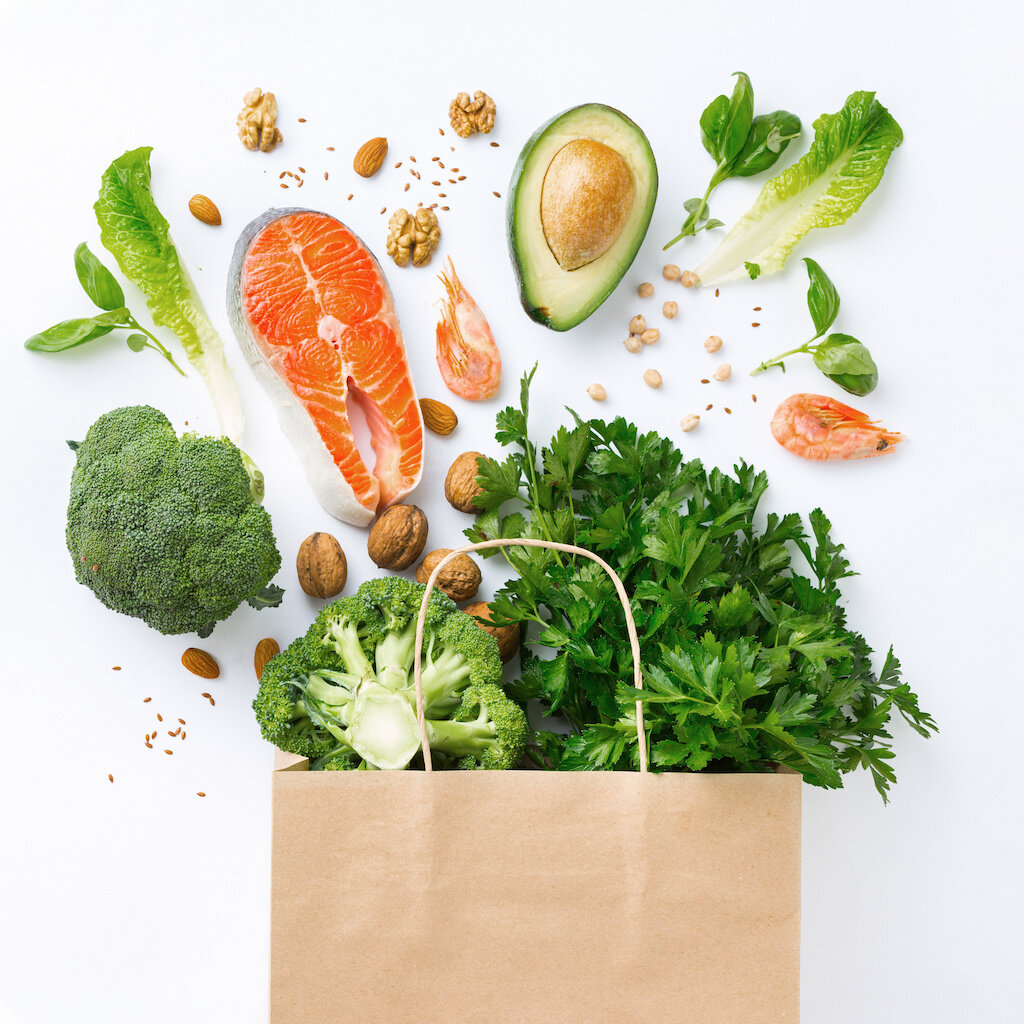Homemade Laundry Detergent In Ten Minutes
This post contains affiliate links. Click here to read my affiliate policy.
These recipes are from my post about balancing hormones.
Conventional laundry detergent may be loaded with chemicals like sulphates, fragrances, phenols and more. Many brands contain things like petroleum distillates, which are linked to cancer and lung disease. Fragrances in these detergents are made of a mix of harmful chemicals. Luckily, making your own laundry soap is an easy and fast process! You only need three basic ingredients to make either powdered or liquid laundry soap:
What’s Homemade Laundry Soap Made Of?
Borax* (sodium tetraborate and NOT boric acid) is an all-natural mineral found in all corners of the globe. It can be used to improve cleaning powder, remove tough stains, deodorize, freshen, and as a natural alternative to bleach and it also softens hard water.
Washing Soda, sometimes called sodium carbonate or soda ash, is made from common salt and limestone or found as natural deposits.
Dr. Bronner’s soaps are fair trade and made with vegetable castile soap and pure organic oils.
The ingredients:
2 parts washing soda
2 parts borax
1 part bar soap (Dr. Bronner’s, or other natural, unscented bar soap)
A couple tbsp of baking soda to help freshen clothes (optional)
An alternative version without borax:
1 bar soap (Dr. Bronner’s)
2 part washing soda
1 part baking soda
1 part. citric acid
½ part coarse sea salt
Directions:
Grate the bar soap or mix in food processor until finely ground.
In a large bowl, mix all the ingredients.
Store in closed container. I keep mine in tin boxes. If you are using a big enough container, you can skip step 2 and just put all ingredients in storage container or jar and shake.
Use 2-3 scoops per load of laundry.
Tip: Use 1 tbsp. of vinegar as softener.
Liquid Laundry Soap:
Props:
Saucepan
Big spoon
Ingredients:
2 quarts water
4,5 gallons of really hot tap water
1 cup of borax
1 cup of washing soda
Directions:
Grate the soap with cheese grater or food processor.
Put grated soap in pan with 2 quarts water and gradually heat, stirring constantly until soap is completely dissolved.
Put 17 litres of really hot tap water in an 18 litres bucket and stir in 1 cup of borax and 1 cup of Washing Soda until completely dissolved.
Pour soap mixture from pan into 5-gallon bucket. Stir well.
Cover and leave overnight.
Shake or stir until smooth and pour into gallon jugs or other containers.
Use ½ to 1 cup per load.
Shake or stir before each use
*) Borax,,, has become controversial. If you’ve read an article claiming borax is dangerous that goes on about the dangers of boric acid or says they are the same thing, I would not consider that article credible.
I’ve researched a lot, and I could not find any data that was compelling enough for me to avoid natural borax powder completely. Obviously, I would not ingest it or feel comfortable using it in cosmetic or food preparations.
Borax is an effective natural cleaner that has been used since the middle age and a safer alternative to many conventional cleaners. Yes, it is also a pesticide, but a natural one (and great at getting rid of ants), but I’m yet to find conclusive evidence that it is either safe or harmful to humans (other than if it is ingested, rubbed in the eyes, etc.).
I still consider borax safe for use in natural cleaning, but absolutely do your own research and make sure you are using in any capacity. I use a natural borax powder free of any added surfactants or detergents.
Actual warnings for Borax use relate to avoiding eye contact, undiluted skin contact and ingestion.
Borax is banned for food use by the FDA, and the ECA (European Chemicals Agency) considered a substance of high concern, but didn’t provide any documentation other than soil level dangers
I was unable to find any studies that proved a danger to borax in natural cleaning products in diluted amounts as long as it didn’t get into the eyes or wasn’t ingested.
The Skin Base Database classified Borax as moderate hazard, but most of the studies and listings related to borax use in food.




